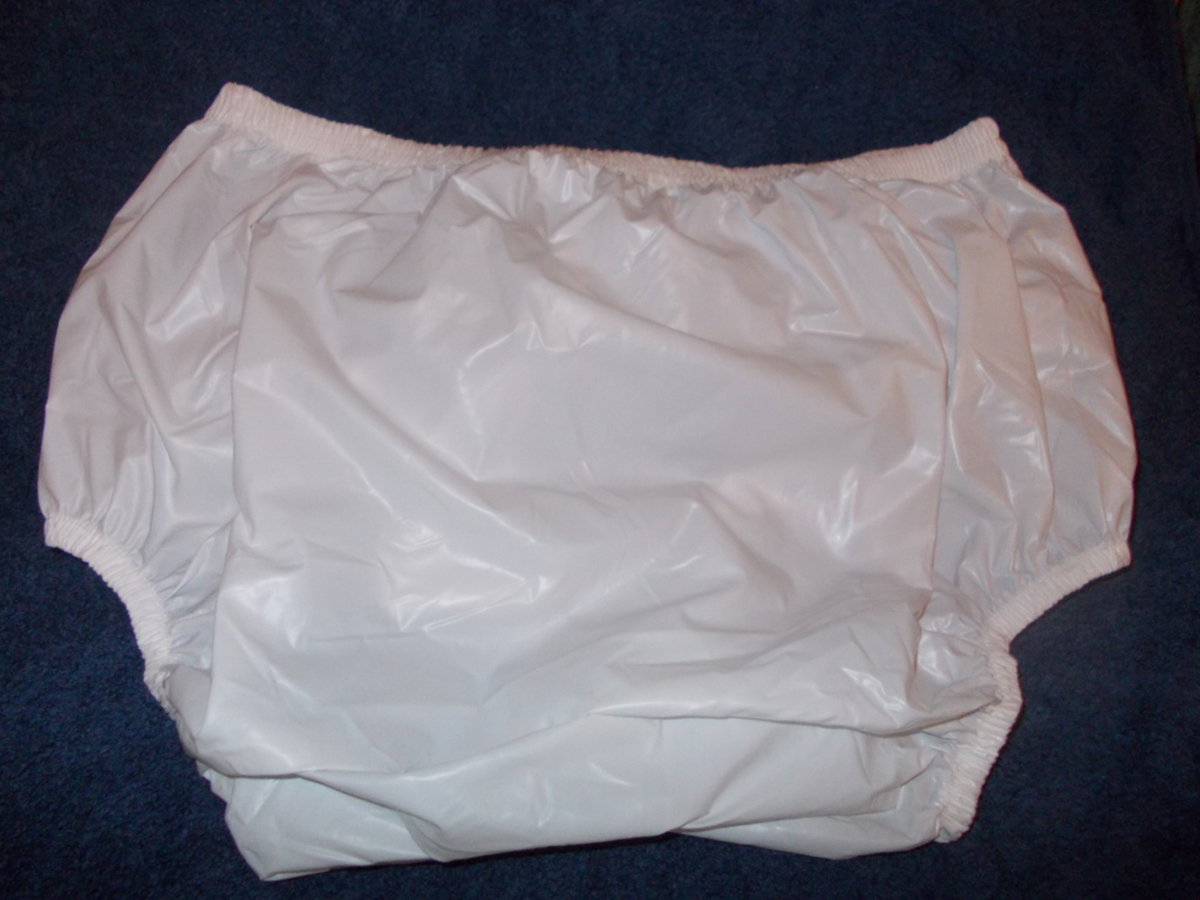
Enuresis is a condition which affects both children and adults and it features with uncontrollable and involuntary urination. In children the condition is not considered so serious since it may withdraw on its own. However, if it occurs in adults it becomes more serious and requires proper treatment. The problem may occur during night and is then classified as nocturnal enuresis and if it occurs during day it is termed as diurnal enuresis. The condition is rather bothersome and seriously affects people making them feel ashamed and depressed since they are not capable of controlling their bladder.
Causes of Enuresis in Adults
Unfortunately no one can say the exact causes of nocturnal enuresis in adults. Still, it may be associated with certain factors. Namely, the condition is highly likely to run in families. Therefore, it may be considered genetic. Furthermore, nocturnal enuresis may occur due to other medical conditions such as urinary tract infections, urinary tract structural abnormalities, chronic constipation and it may also affect people suffering from diabetes. It is also common for people suffering from sleep apnea, physically challenged and people with mental retardation, those suffering from insufficient amount of anti-diuretic hormone, irritable bowel syndrome etc. The problem is also related to increased consumption of alcohol and caffeine. Even incomplete emptying of the bladder may lead to enuresis.
The same factors responsible for nocturnal enuresis are potential triggers for diurnal enuresis in adults.
Treatment for Enuresis in Adults
Even though the condition makes the patients feel embarrassed and they simply do not want the world to know what they have to deal with, it is essential to consult a doctor in order to identify the exact cause and start with proper treatment. Refusing to share the problem and turning a blind eye only makes the situation worse.
The initial step is to examine the patient and establish the exact cause of enuresis. This requires many different tests and examinations. The problem can be either physical or psychological.
Medicamentous therapy depends on the actual cause and it sometimes includes drugs which either reduce the production of urine or medications which effectively relax the bladder allowing it to hold more urine. In majority of patients medications successfully treat the unpleasant symptoms.
Furthermore, there is a device called the enuresis alarm. Its is available at most pharmacies and its purpose is to make sounds (ringing and buzzing) or vibrate in case of accidental and involuntary wetting. This way a patient may get up and empty the bladder on time.
In people suffering from nocturnal enuresis it is recommendable to reduce fluid intake prior going to bed. They should also abstain from caffeine and alcohol beverages. Bladder training is of additional help. The person should try to increase the amount of urine in the bladder and hold it as much as possible. This together with strengthening of the bladder may reduce the occurrence of enuresis.




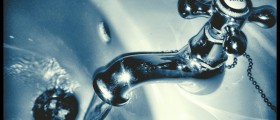



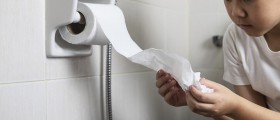

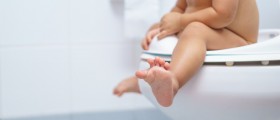

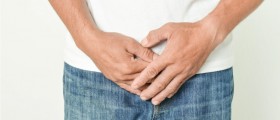
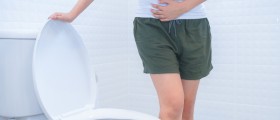
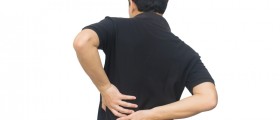
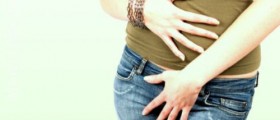

Your thoughts on this
Loading...